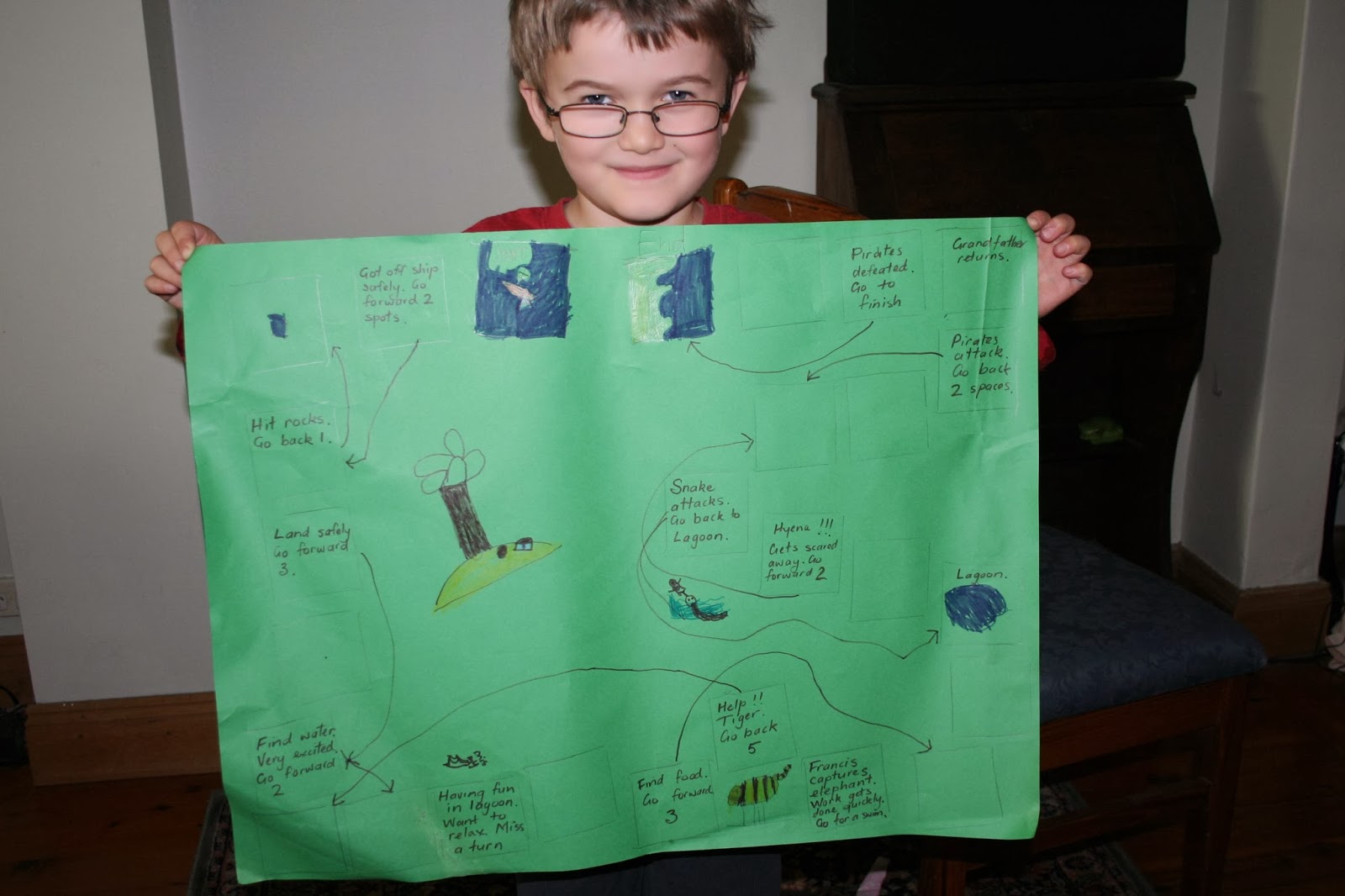What is Readers' Theatre?
 Do you want to use oral reading without it becoming boring? Try Readers' Theatre! This is a simple method that presents
literature in a dramatic form. It involves oral
dramatic reading in groups of one kind or another. You need nothing more than some scripts and a
few basic hints about the implementation of the strategy. You can
adapt the scripts from stories, obtain many scripts in
book form, or download hundreds that
are free online (more on this below).
Do you want to use oral reading without it becoming boring? Try Readers' Theatre! This is a simple method that presents
literature in a dramatic form. It involves oral
dramatic reading in groups of one kind or another. You need nothing more than some scripts and a
few basic hints about the implementation of the strategy. You can
adapt the scripts from stories, obtain many scripts in
book form, or download hundreds that
are free online (more on this below). Readers' Theatre allows repeated reading without monotony and boredom. We have known for some time that repeated reading improves fluency and comprehension. The work of LaBerge & Samuels (1974) on automaticity in reading was one of the earliest studies to present evidence for its effectiveness, but in recent times Young & Rasinski, (2009) and Vasinda & McLeod (2011) have reminded us of the benefits in helpful papers. Many teachers have had great results with this simple method in their classrooms. It can be used regularly on a weekly basis (e.g. one day per week) or it can be used intensively for a block of 8-10 weeks. Research suggests that just 10 weeks of Readers' Theatre can lead to significant gains in reading fluency and comprehension.
Key Elements of the Strategy
 |
| Above: Children Reading (courtesy of 'Mom It Forward') |
#1
- Readers' Theatre does not require any props or costumes, although
sometimes children will enjoy having one item to identify their part,
such as a hat or simple object or piece of clothing.
#2 -
Children can sit in a circle facing one another, sit on stools facing an
audience, or secure their script on a clipboard and hold it in one hand
allowing them to move their body and make basic gestures as they read
dramatically.#3 - Make sure that all participants have their own script that clearly identifies their character. You might also allow them to underline, add phrase marks, or circle punctuation as appropriate. You can allow children to share a character or you can have multiple narrators to allow greater participation.
#4 - Try to have varied parts, some more demanding, and others less demanding. This allows children of varying abilities (and even ages) to participate together.
#5 - Encourage children to practise their parts before trying to perform as a group.
#6 - A good pattern to use in introducing Readers' Theatre is to spread it over a week. On day 1 hand out the scripts to all children and explain how it works. Some teachers have the whole class working on the same material, but my preference is to see 2-3 groups used, allowing children of varying abilities to be 'stretched'. On day 2 take the groups one at a time for turns reading the script. This is effectively just round robin reading to help familiarise them with the script and story line. On days 3 and 4 allocate characters and practice. Allow children to try different parts in lesson 3 before making final choices. On day 5 perform the plays by each group for the whole class.
#7 - If you need more guidance Laurie Henry has four excellent lesson plans that show how Readers' Theatre can be introduced for the first time (here).
#8 - While literature is most commonly used for Readers' Theatre, poetry, history and biography also work well.
Readers' Theatre Scripts
As I said above, there are many resource books that contain scripts, but there are also hundreds of scripts available FREE and online. Here are some of the best resource sites:
'Dr Young's Website' with almost 200 scripts (HERE)
'Teaching Heart' has a section on 'Reader's Theater Scripts and Plays' (HERE)
'Aaron Shepard's Free Scripts' (HERE)
'Timeless Teacher' site (HERE)
Some quirky science scripts on 'Adrian Bruce's Free Educational Resources' site (HERE)
'Stories to Grow By' Scripts (HERE)
One of the largest collections of Reader's Theatre scripts is at 'Dr Young's Website' where you'll find almost 200 scripts ready to use at school or at home. Some are simple like 'The Three Billy-Goats Gruff', while other are more complex like 'Sadako and the 1000 Paper Cranes'. There are some wonderful scripts here including 'Bad Case of Stripes', and classics like 'Chicken Little', 'Cinderella', 'Hansel and Gretel' and the 'Magic Porridge Pot'. Great scripts for children aged 6-10 years.
Aaron Shepard also has some good general tips on Readers' Theatre, including scripting, staging and reading (HERE).





